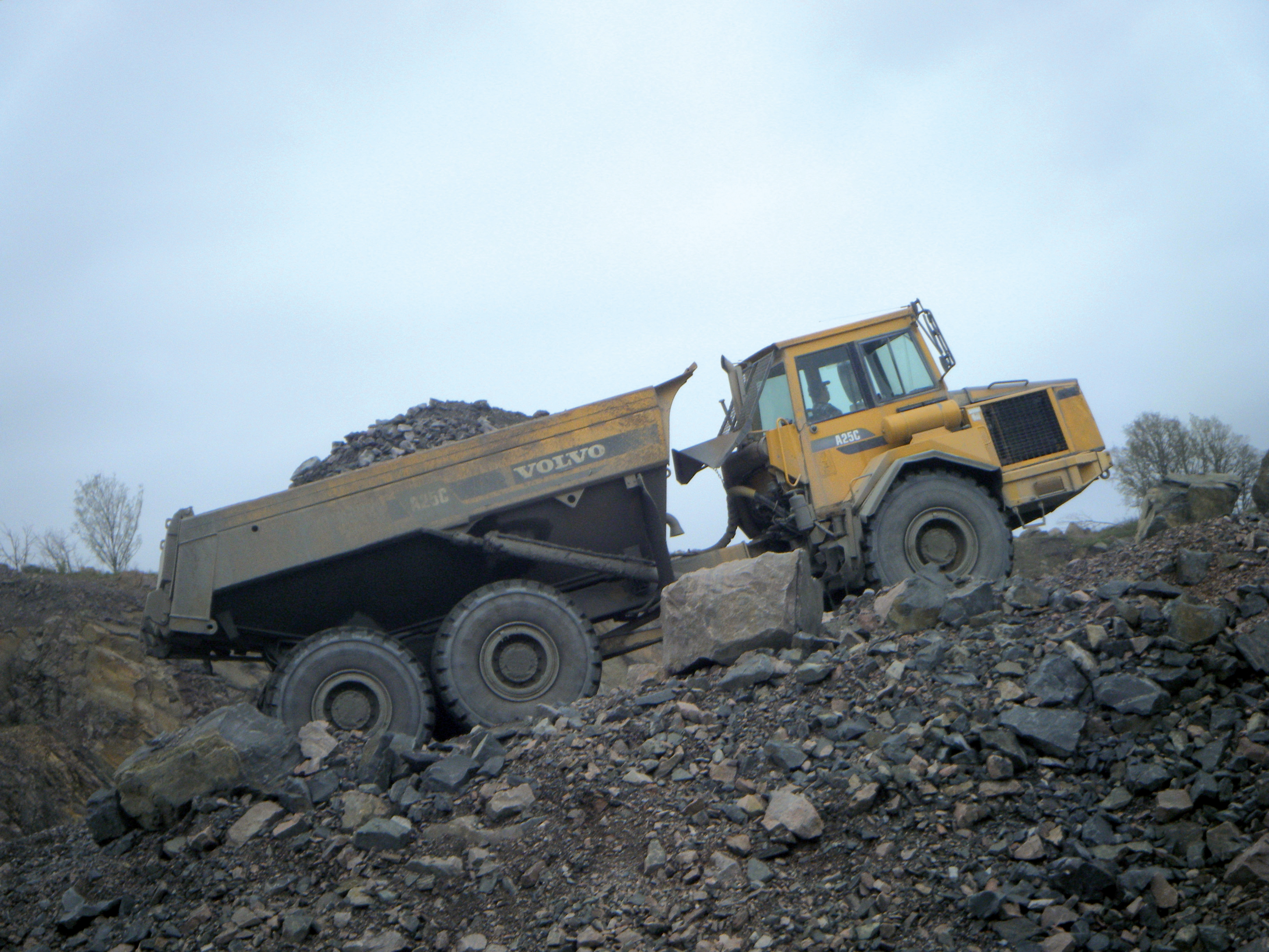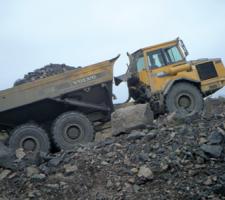
Sweden's Jehander Quarry has just had its licence renewed until 2021 giving the site a longer-term focus
One of Sweden's quarries has been given a new lease of life with a recently renewed permission that will allow it to continue operating for the next decade. Jehander quarry - owned by Heidelberg Cement - has recently gained approval to operate until 2021.
Close to Sweden's second largest city Göthenburg, Jehander produces around 9,000tonnes per day at peak seasonal demand and has an annual output of some 1million tonnes. The site is a key one, not just in Heidelberg's portfolio, but also for the Swedish aggregates market as, according to Heidelberg regional manager Niklas Osvaldsson, it is the number one supplier of rock and gravel in the country.
Aggregate production originally started at the site in 1939 and the highest point of the quarry is 130m above sea level. "Around 60million tonnes of granite and diorite have been extracted from the site since production began," explained Osvaldsson. Heidelberg acquired the site in 2000 from private ownership.
The benches are 15m high and the quarry is worked over five different faces, although these are not all operating at the same time. Production at Jehander is moved around to ensure a consistent material grade into the crushing plant. Osvaldsson said, "The average blast provides 30 to 40,000tonnes and we blast every week. Primary crushing is used to reduce this material down to around 150mm before it is further processed by our fixed secondary and tertiary crushers." With the site located in Sweden, it is perhaps no surprise that machines from
Osvaldsson said that the Volvo machines offer a combination of good output, durability, reliability and low downtime as well as good resale value. In addition Volvo units tend to have amongst the lowest fuel consumption in their respective classes and given the high fuel costs in Sweden, this is an important factor in the site's choice of Volvo machines.
Crushed stone is transported from the quarry by both road and rail. Osvaldsson said, "In high season a truck leaves here every two minutes but we also deliver 100,000tonnes per year by train. Having a connection to the rail network is an opportunity to reach a wider market. Our main customers are the construction and building industries." The quarry also receives asphalt and concrete for recycling, reprocessing some 25,000tonnes of each material a year.
The quality of Jehander's aggregates means that it is already well positioned in the local construction market but the extension of the quarry's licence means that the quarry is now confident of maintaining its market leading position.















